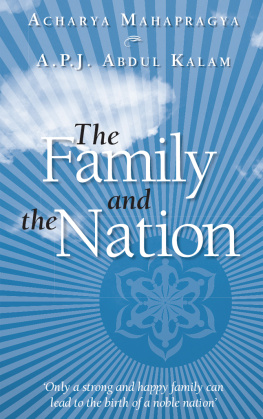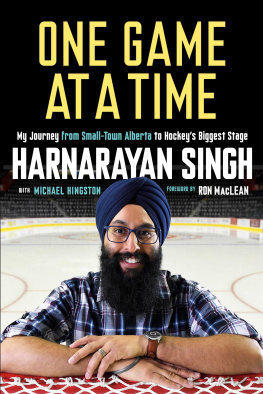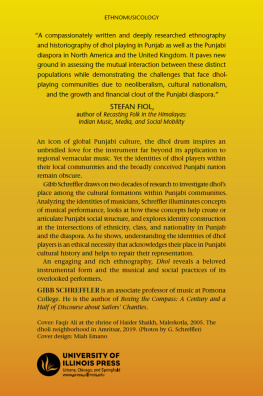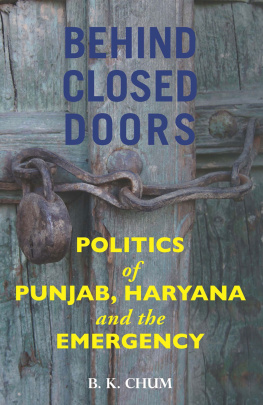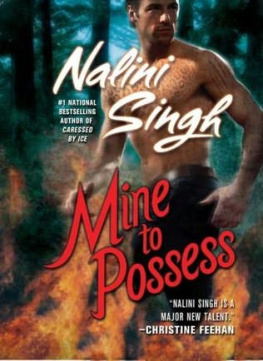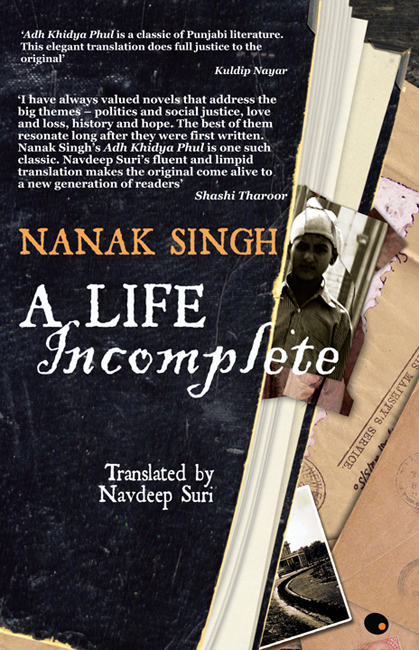
CONTENTS
I like to escape to the verdant hills to put the finishing touches to my novels. In keeping with this annual pilgrimage to the Himalayan foothills, I reached Dalhousie on 15 September 1940, carrying with me the manuscript of my latest novel Jeevan Sangram. But the solitude that I craved proved elusive. Just too many people, too much noise. This was not the Dalhousie of yore.
Within a couple of days, a feeling of restlessness enveloped me and I decided that there was no point in staying on. On 20 September, I hired a porter who could carry my modest belongings and we started walking with no particular destination in mind, simply a vague notion that we would drop anchor when we reached a quiet, scenic spot. I wanted to spend four or five days in a place like that so that I could gather my thoughts and perhaps scribble a few pages.
I started the descent from Dalhousie along the lush green banks of the Raavi as it hurtled through the valleys. Inappropriately nicknamed Skinny, the porter was a burly, loquacious fellow and a native of these hills. Over the next four days, we happily traversed vast meadows, climbed narrow trails and chatted about anything that came to mind. My hill mate had a vast repertoire of local folk songs to keep me entertained. His favourite, clearly, was one titled The Brahmins boy which he sang with a particular verve.
Looking back, I dont think Ive ever enjoyed myself as much as I did during those four days. True, my legs and knees often got bruised over the steep climbs and slippery descents. True also that the soles of my shoes pretty much gave way. But the sheer joy and abandon of those days will forever linger in my consciousness.
On the fifth day, we crossed the Raavi to enter Chamba district, rested for the night and resumed our journey the following morning. Skinny belonged to Chamba and his simple songs seemed to acquire an extra note or two as he approached his birthplace. We took a narrow track that afforded magnificent views of mountains covered with foliage and adorned by a multitude of flowers. Looking down, we could see a string of crystalline streams snaking their way across the slopes. Labouring under the substantial load that he was carrying uphill, Skinny was now sweating profusely. But unmindful of his exertion, he continued to sing the local melody:
Lost is the damsels mind
In the brooks of Chamba
Yea in the brooks of Chamba
It rains and she finds joy
In the arms of her lover boy
Yea, lost is the damsels mind.
And the Prince of Chamba
He wants special tribute
A look, a glance
From the damsels eyes so cute
O lost is that damsels mind.
Lost in the melody of his favourite song, he appeared oblivious of the fact that the ascent was becoming precarious. His foot slipped only for a brief second but this was enough for the weight on his back to unbalance him completely. I saw him as he toppled over and tumbled a good ten or twelve yards down the slope. It must have been his lucky day because a rock protruding across our path broke his fall and stopped him from plunging into the unknown depths of the ravine where he would have vanished without a trace.
Reaching out to him, I removed the load from his back and saw that apart from several nasty bruises, he also appeared to have fractured his right arm midway between the shoulder and elbow. The poor fellow was in severe pain and to make matters worse, we were in a remote area with not a soul in sight. I pulled out the tincture iodine that I always carry in my baggage and applied it to his cuts and bruises. Using a small towel, I also bandaged his fractured arm and helped him lie down in a soft area near a bush before setting off to look for help. I hadnt walked for long before I chanced upon two local boys who seemed to be coming up the hill in our direction. Telling them about our accident, I offered them a generous reward if they could help us out of our predicament.
The boys spoke of an exceptionally pious soul who lived in a cottage some two and a half miles away. The saint was deeply respected for his knowledge of both Western and traditional medicines which he dispensed free of charge to anyone in need. That would be the place for our patient, the boys said.
One of the boys picked up my baggage, while the other gave a hand to Skinny as we set off for the saints abode. The path was difficult and it took us over two hours to get there. As we walked, the boys spoke in hushed tones about the saint. His selfless devotion is just out of this worldhe goes around to the homes of the poorest to treat themday and night, he tirelessly visits the sick and the destitute, offering treatment to some, solace to others And so on.
Upon reaching the cottage, we set our patient under an ancient tree. I gave a generous tip to the boys for their efforts and, after bidding them farewell, paused to take in the surroundings. It was like a small corner of paradise itself. The romance of the verdant hills and valleys around me was enhanced by the beauty of the saints simple abode.
His cottage was not particularly large. But clad in vines and creepers and set amidst a variety of fruit trees, it seemed blessed with a very special charm. What a lovely setting to complete my novel, I thought as soon as I set my eyes on this place.
Before entering his cottage, I had visualized the saint as the usual mendicant with matted hair and saffron robes. To my surprise, he appeared a perfectly regular sort of person, around fifty years old and possibly belonging to the Sikh faith. Dressed in a simple, khadi attire, a hint of grey in his flowing beard, it was his eyes that gave a sense of the extraordinary. They were sparkling, alive and vibrant even as they radiated that rare tranquillity which very few attain. He was surrounded by a largish group of patients, a crowd that was perhaps larger than usual because of a recent outbreak of malaria in the district. I greeted him with folded hands and he responded, not with the gesture of blessings so typical of saints and holy men but with a polite Sat Sri Akal that reflected his Sikh background.
Turning to my patient, he gently cleaned his injuries, bandaged his arm and arranged for him to lie down on a bed. He then opened the door of an adjoining room and asked me to relax while he completed his work. The room was full of shelves and cupboards lined with all manner of medicines the kind of stuff one would be lucky to find in a reasonably well-stocked city clinic. How did he manage to assemble all of it in such a remote location? I wondered.
After spending the entire day amidst his patients, the saint walked into the room just as I had finished eating my dinner. Sitting down in front of me, he looked closely at my face and asked, Are you Nanak Singh?
Yes, I replied. How did you recognize me?
All your earlier books carried your photograph, he replied. He added that he had read quite a few of my works.
He paused for a while before saying, Ive really been looking forward to the opportunity of meeting a writer like you. I am fortunate that you have come here because I want to tell you my own tale. I believe that once you have heard me out, you will probably have enough material for a new novel.
What does a blind man want but two eyes? Instead of putting together a story from my own imagination, I was being offered one on a platter. Readily accepting his proposal, I sat down to listen to his narrative. It took well over three hours for him to complete his fascinating story and when he finished, both of us had tears in our eyes. He then got up and took me across to the first room. Opening a cupboard, he handed me a small wooden box and said, Here! Thats the rest of the material for your novel.
Next page


